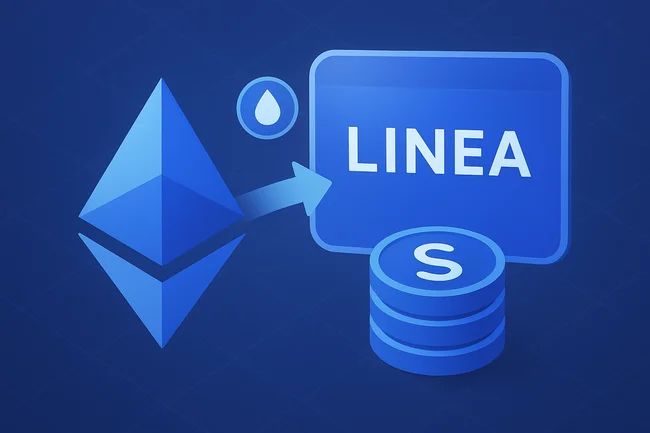Hybrid staking combines aspects of both Proof of Stake (PoS) and traditional staking models to enhance the benefits of each. In a typical PoS system, users lock up their tokens to participate in network security and validate transactions, earning rewards in return.With hybrid staking, participants can choose between different staking methods, such as locking their assets for a set period or opting for more flexible staking options. This flexibility allows users to manage their assets according to their risk appetite and liquidity needs.In addition, hybrid staking often incorporates elements like governance, where stakers can have a say in the protocol’s development, and increased security measures that protect against potential vulnerabilities. This approach aims to attract a broader range of users by offering multiple staking options, making it more appealing for both conservative and adventurous investors. As a result, hybrid staking seeks to provide improved yields while maintaining security and decentralization in the network.
Aave Labs Acquires Stable Finance to Expand Consumer DeFi Products
Aave Labs has acquired Stable Finance, a San Francisco-based fintech company focused on stablecoin savings, in a move to strengthen



